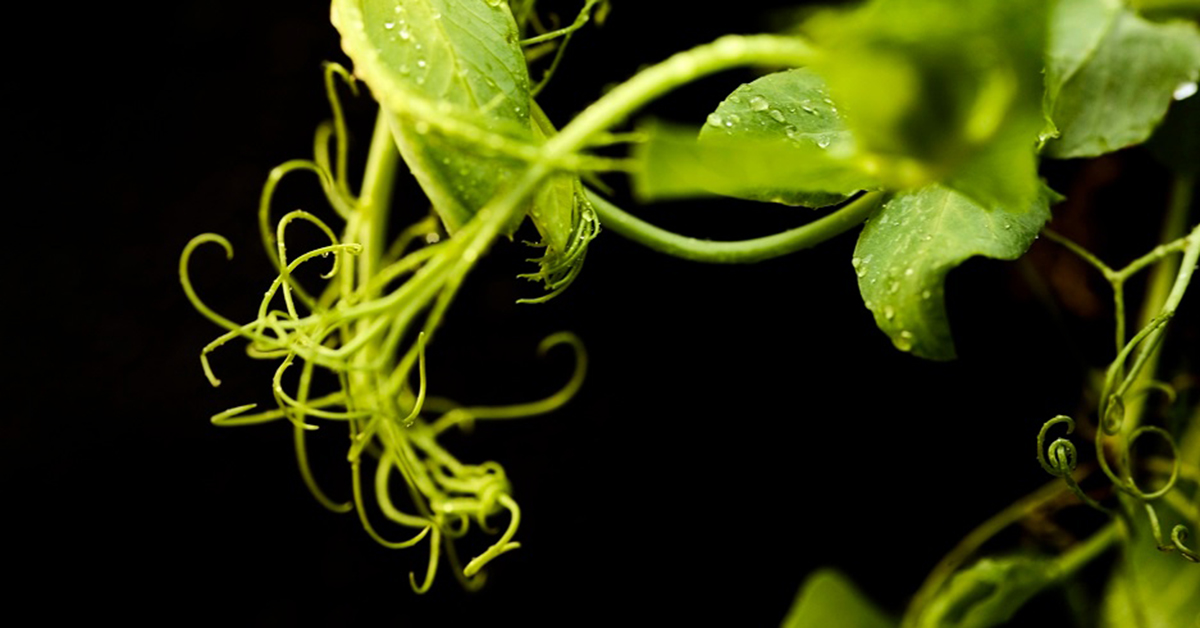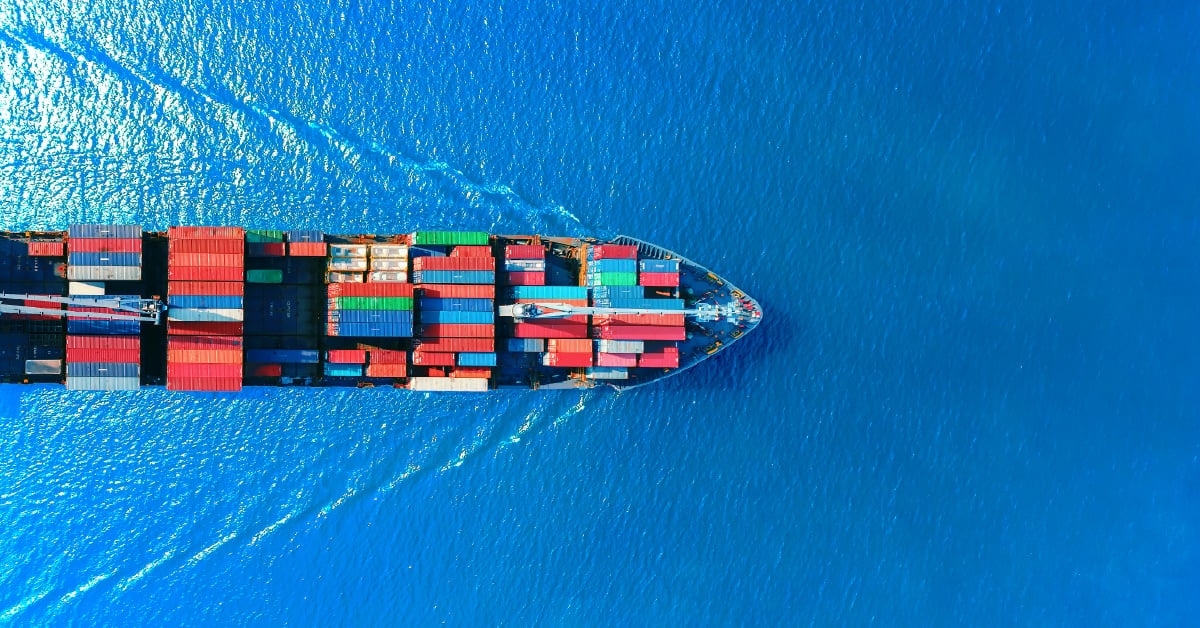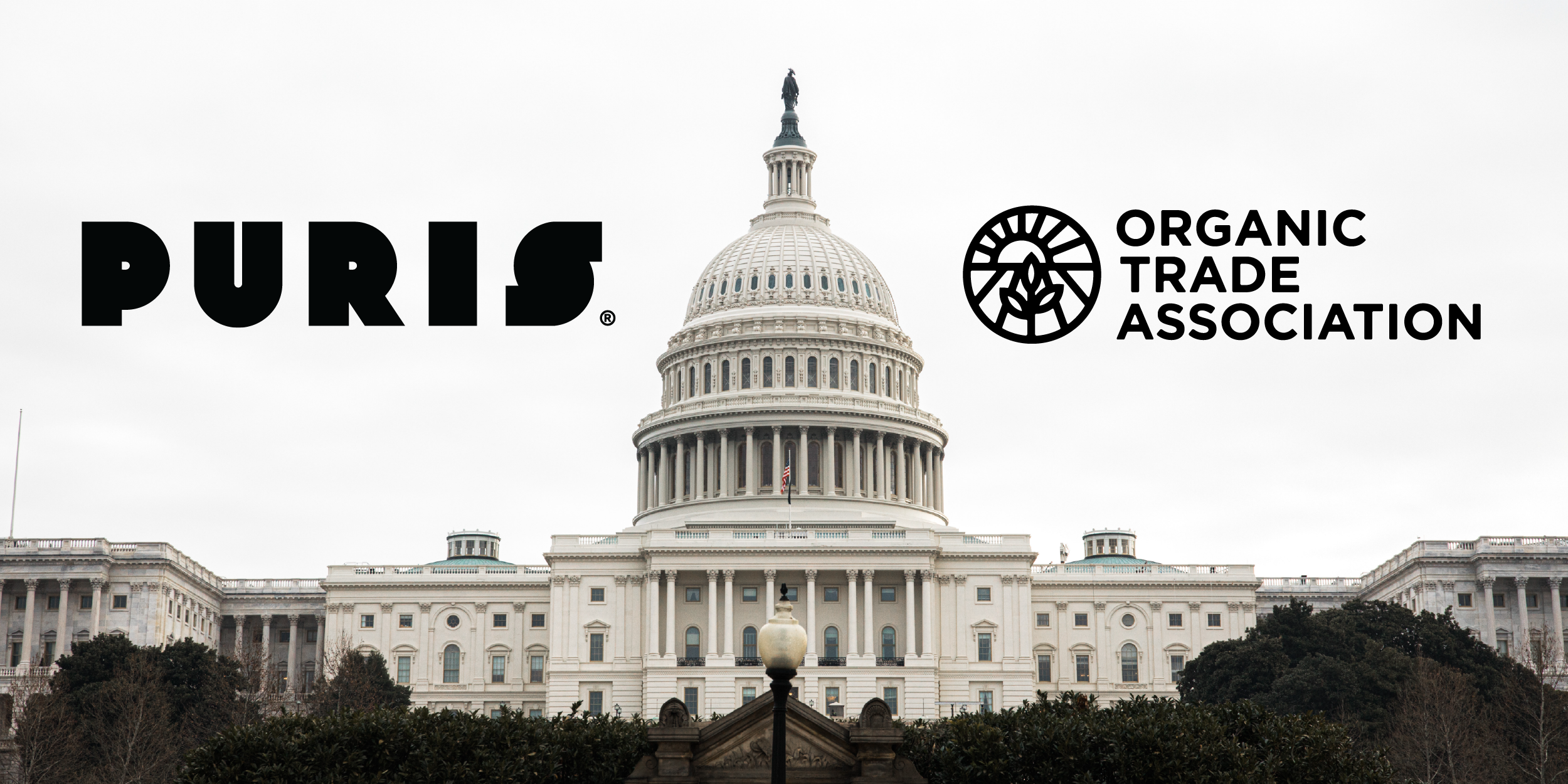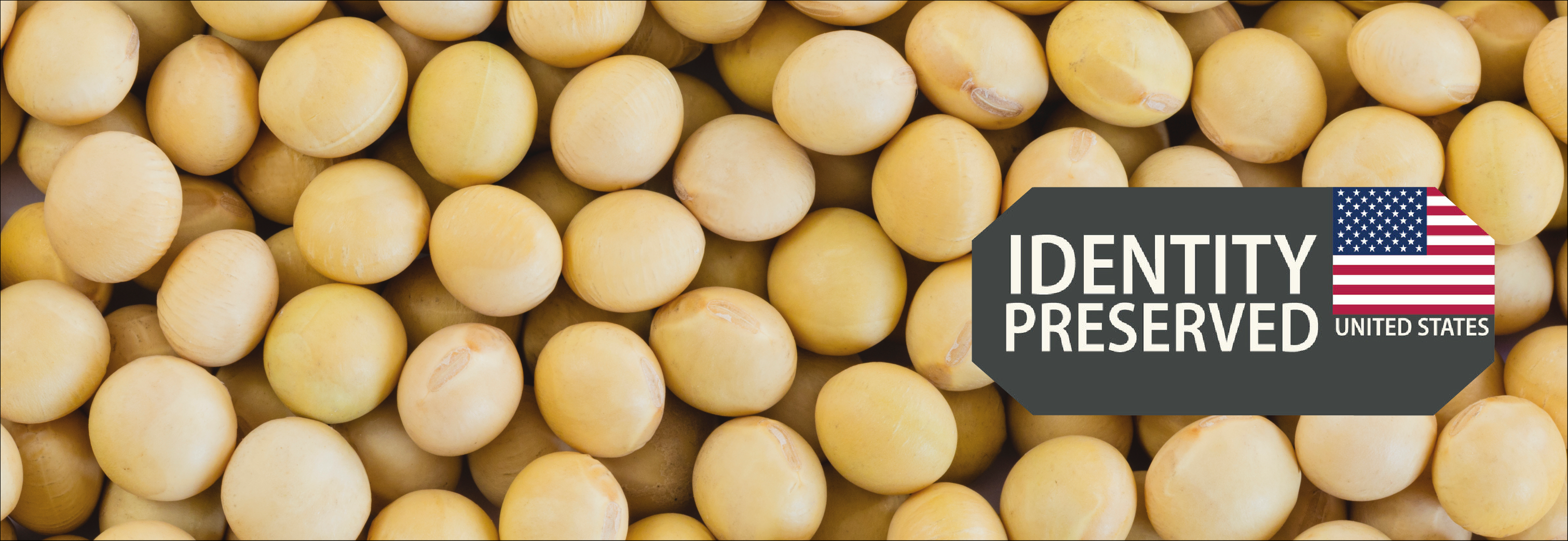Are you trying to minimize your environmental footprint? Combat climate change? Produce less waste?
And what about sustainability? Or that whole regenerative idea?
We’re here to help.
We can all agree this is a pivotal time in our climate’s history. The need for progress is critical and the future of our world, our children’s world, and our grandchildren’s world relies on us. In this two part series, we bring you a guide to solve the confusion once and for all.
It’s time to make a huge impact — and we can do that with a few small changes.
What does it mean to be sustainable?
Sustainability means maintaining current conditions.
Although there are many definitions of what sustainability actually is, all interpretations lead to a collective focus around maintenance of current conditions with hopes that humans and nature can exist in productive unity to uphold present and future generations.
Sustainability is built on the basis that our thriving society relies either indirectly or directly on the natural environment. Overall, sustainability aims to keep environmental systems in balance while natural resources within them are consumed by humans at a rate where the system is able to replenish itself.
Sustainable vs. Regenerative
What about regeneration? Why is it important?
Regenerative practices reverse climate change and restore the land.
There is an alternate solution to climate change that goes beyond maintaining current conditions to restoring the natural system: regeneration.
Regenerative practices bring life back to deprived habitats, reversing climate change and rebuilding the damage done from years of intensive farming. Starting with the restoration of healthy soil, regenerative solutions are capable of producing high-quality, nutrient-dense food while simultaneously improving, rather than degrading, the land.
Ultimately, regenerative practices lead to productive farms, healthy communities, and vibrant economies.
Regenerate first, sustain second
Everything is evolving. Our climate is changing, our society is progressing, and it’s time our views and conversations around sustainability as the solution change as well.
For the past few years, we have heavily relied on sustainable practices that seek to maintain and not further degrade our ecosystem. We now realize that sustainability is not going to be enough to reverse the damage that's been done to our environment.
Sustaining the current conditions means sustaining millions of acres of desolate farmland, toxic streams, decreased biodiversity, and a rapidly changing climate. It is for these reasons that regenerative solutions need to be our primary focus.
Regeneration has multiple advantages over sustainability
By involving all stakeholders, regeneration becomes an interactive process between humans and natural systems to help one another in a mutually beneficial way, contributing to a total systemic healing process.
These solutions are all within our reach, even at a large scale. With today’s growing technology, it is possible to produce food that doesn’t degrade the ecosystem on which food and agriculture relies upon.
With PURIS, our regenerative solutions are within everyone’s reach. From seeds to solution, protein shakes to snacks and cereal, PURIS has premium regenerative ingredients that are good for the triple bottom line — your business, the planet, and all people. Together we are creating food for the global good.



